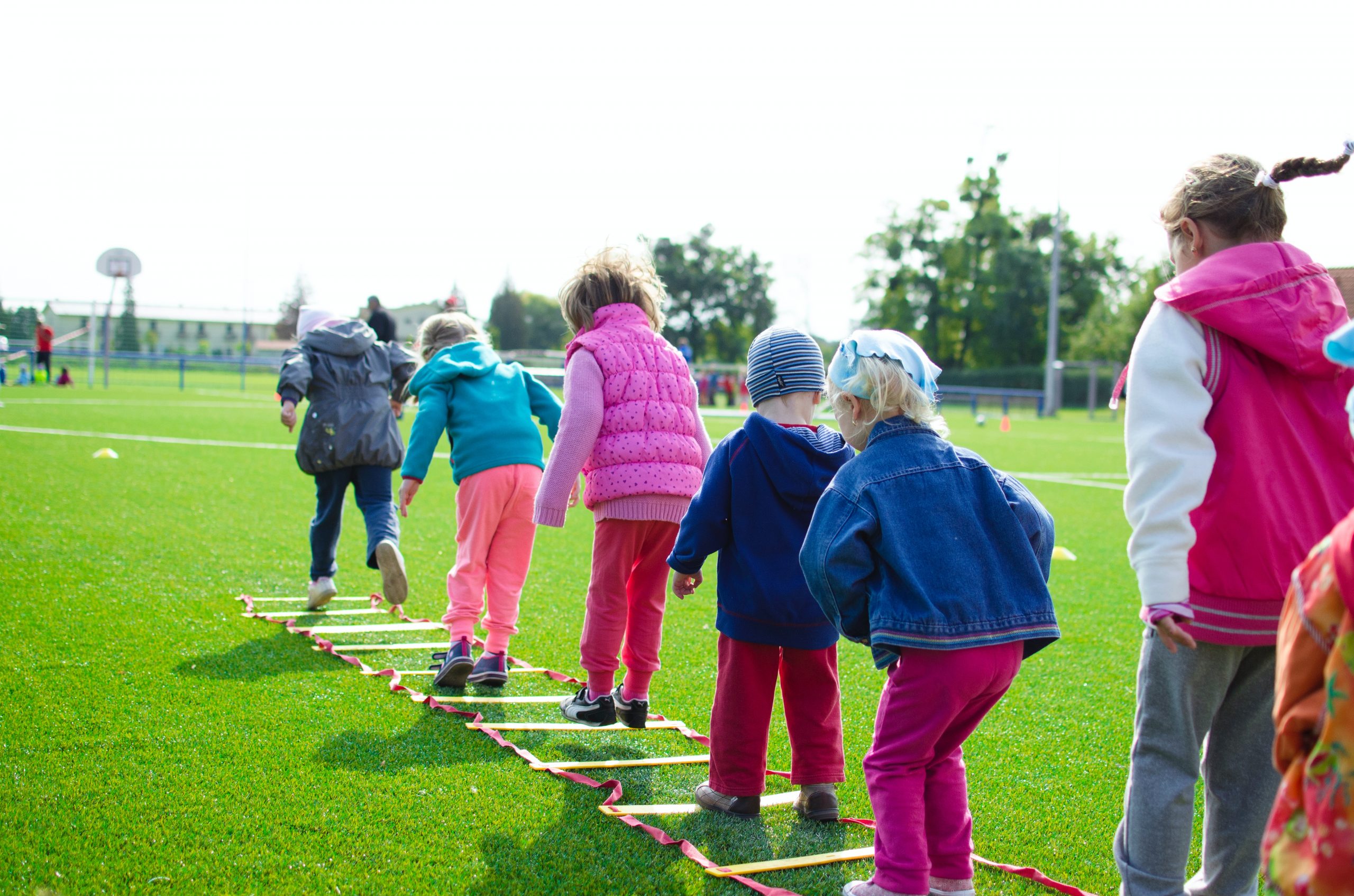You or your kids will get the educational and developmental benefits of team sports if you participate in them. You learn accountability, sportsmanship, and how to collaborate with others toward a common objective when you join a team. However, it isn’t always easy to be a good teammate. When your children participate in young sports, it is crucial that you instill in them the values of fair play, sportsmanship, and cooperation.
Benefits of Team Sports
Author of the New York Times bestsellers “13 Things Mentally Strong People Don’t Do,” “13 Things Mentally Strong Parents Don’t Do,” “13 Things Mentally Strong Women Don’t Do,” and “13 Things Strong Kids Do,” psychotherapist Amy Morin claims that participating in team sports has numerous positive effects on children’s growth and development. Motor abilities, such as hand-eye coordination or kicking a ball, social skills by connecting with others, and communication skills required to exercise collaboration are all areas that can be developed through these activities.
Aside from the obvious advantages for kids’ growth and development, participating in organized sports also teaches children to be excellent leaders and followers, to deal with success and failure, and to work hard and persevere through adversity.
A youngster with a genuine passion for sports will put in countless hours honing their skills in order to improve with each competition. Teaching children to be so committed and hard-working is a wonderful way to prepare them for the trials of adulthood.
Vice President of the Police Athletic League (PAL) in Port Washington, New York, Stephen Sombrotto, states that team sports are just as much a part of the curriculum as any other topic. In addition, he says, “team sports teach youngsters essential life lessons, like how to deal with situations and outcomes that aren’t ideal.”
Can You Define the Traits of a Good Teammate?
Having good sportsmanship is essential to becoming a valuable teammate. According to Morin, this includes showing solidarity not only when a colleague is performing well, but also when they are struggling. “When you’ve just scored a goal, it’s simple to get behind your teammates.
The difficulty comes in being encouraging when a teammate’s shot is blocked.”
According to Sombrotto, a player’s attitude and body language can influence his or her teammates, especially when things aren’t going well in the game. Similarly, a coach’s opinion of a player is influenced by how they react to defeat. Sombrotto explains what it means to be a good teammate by saying, “A good teammate has a positive attitude, respects their teammates and coach, and is modest.”
How to Teach Your Children to Work Together Effectively
Parents can play a role in encouraging positive sportsmanship among their children, even if such qualities are primarily acquired through on-the-job training and team interactions.
An Act of Praise
How parents show their appreciation for their children’s efforts on the team can go a long way toward fostering cooperative conduct. The most important thing for parents to focus on, according to Morin, is a child’s attitude during a game rather than the child’s individual performance.
By inquiring about their day in terms of teamwork, using queries like “What’s a time you truly proved you were a good teammate?” In addition, “Who is the best teammate on your squad, and why?” encourages kids to talk about the value of teamwork and how they might improve their own teamwork skills.
According to Sombrotto, parents shouldn’t try to teach their children how to play by giving them instructions on how to do it. “Although you have no say in the game’s outcome, you are in charge of your own mindset and actions. You’ll win every time if you play with a winning attitude “remarked Sombrotto.
Showing How to Be a Good Team Player
To encourage your kids to accomplish anything, you might need to demonstrate it first. Good examples of teamwork behavior from parents can be seen during playtime. Teaching children the qualities of a good teammate can be done in the context of any number of games, from Monopoly to a pickup game of basketball with the family.
Learning specialist and Ivy Prep founder/owner Dr. Rebecca Mannis believes that good teammate behavior can also arise in less formal settings. “Parents can practice how to be a good teammate outside of the game in similar scenarios, like playing catch with a neighbor,” adds Dr.
Mannis, “which can help children who may be struggling to be good teammates in organized sports.”
Attending Sporting Events
Watching sports with your child is a great method to instill in them the importance of working together to achieve a common goal. You may teach your kid the value of sportsmanship by watching a game together and pointing out acts of sportsmanship that the players on your favorite team perform.
Possibly the players are celebrating a major goal by giving each other high-fives. One player may comfort another by putting an arm around him after the latter misses a potential game-winning display. For kids to develop into effective teammates, it can be quite instructive to witness these traits in action during a real game.

